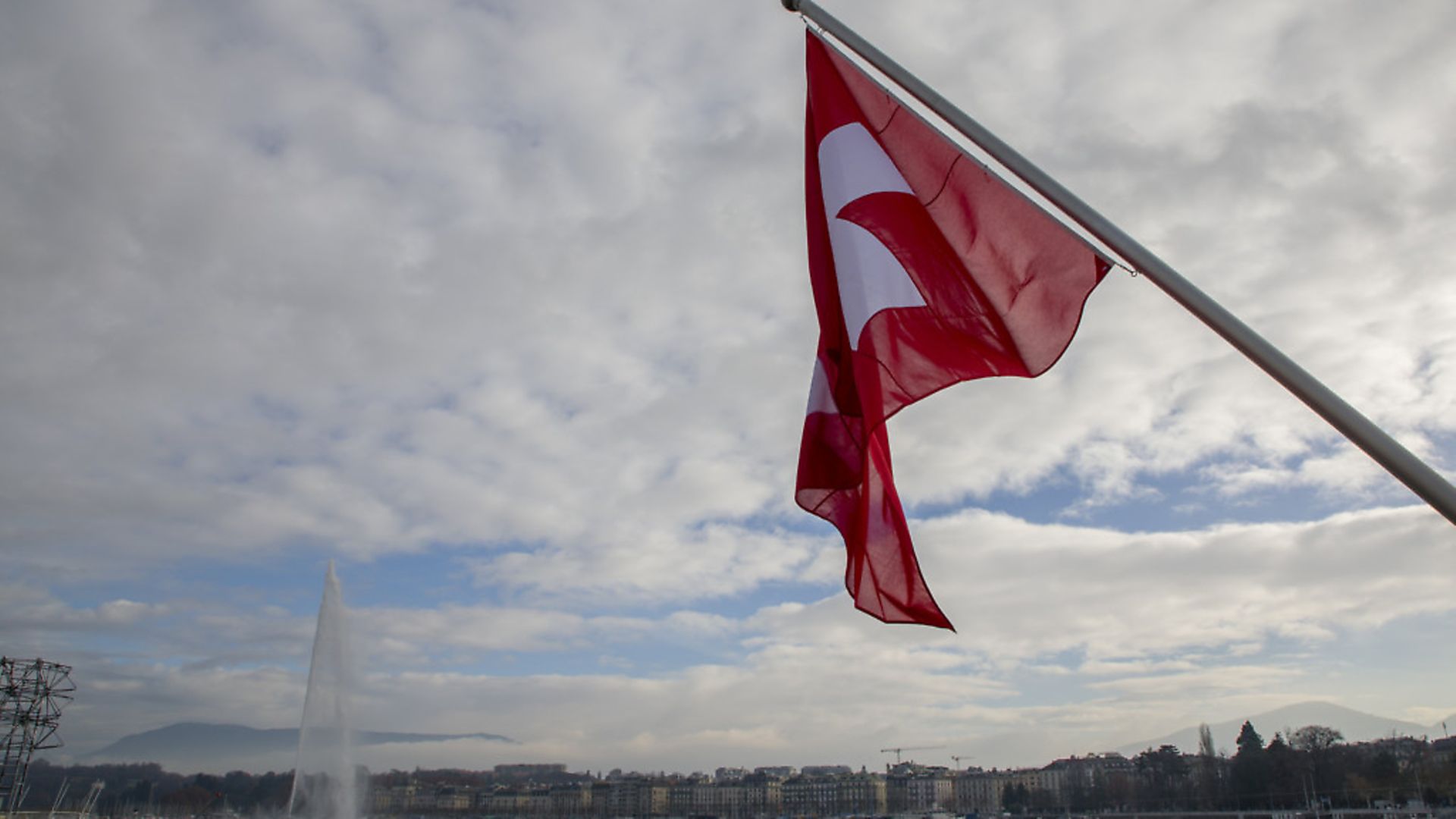
Switzerland has found an innovative way to turn back the far-right tide, says PAUL KNOTT. The rest of Europe has much to learn from the Alpine state.
Switzerland was the first European country in recent decades to be badly infected with far-right populism. Wealthy demagogue Christoph Blocher seized full control of the previously more moderate Swiss People’s Party (SVP – Schweizerische Volkspartei, in its German-speaking heartlands) in the early 1990s. Ever since, the SVP has succeeded in driving the political agenda with its relentlessly xenophobic and isolationist messages.
But Switzerland may now be the first nation to have discovered an effective antidote to malignant nativism. A savvy and youthful movement called Operation Libero is bringing a new approach to campaigning. And is notching up an impressive string of successes in pushing back the bigots.
The movement is not linked to a specific political party but is, rather, a loose coalition of liberal, like-minded activists. In what might strike a chord for Britain’s Remainers, it took a narrow referendum victory for a populist cause for the movement to get off the ground.
‘The SVP’s ‘Against Mass Immigration’ referendum in 2014 was our Brexit moment,’ says one of Operation Libero’s founders, communications director Silvan Gisler, with a cheeky smile.
‘Against Mass Immigration’ was one of a series of SVP initiatives exploiting Switzerland’s unique system of direct democracy. The Swiss constitution allows any group to force a referendum by collecting 100,000 signatures supporting one. This provision generates, on average, about 10 national polls on a wide range of specific issues every year.
The ‘Against Mass Immigration’ vote sought to end Swiss adherence to the EU’s ‘freedom of movement’ rules and severely curtail immigration by making it subject to tight quotas. Had a messy compromise not later been found, it would have torpedoed the entire framework of bilateral agreements that connects non-member state Switzerland closely to the EU single market and underpins its prosperity.
The SVP’s overriding purpose in regularly forcing referendums is to keep their anti-foreigner agenda at the forefront of the political debate. Other votes they have instigated over recent years include one on banning mosque minarets (there were a grand total of four, miniscule minarets in the whole country) and another on expelling from Switzerland people of foreign origin who commit crimes. This included long-standing Swiss citizens responsible for the most minor offences, such as motoring violations.
For years, the Blocher-bankrolled SVP’s lavish campaigns have drowned out the shoestring offerings of their opponents. The latter frequently consist of little more than a few billboards featuring a politician’s mugshot and a ‘no to initiative xyz’ slogan. By contrast, the often deafeningly dog-whistle ads with which the SVP blankets the country are visually striking. They frequently feature the old Nazi swastika colours of red, white and black (a coincidence, they claim) and cartoonish images. One depicted a white sheep kicking a black counterpart off a Swiss flag. Another portrayed minarets as missiles, alongside a beady-eyed woman in a burqa.
Eventually, though, a response to the various campaigns crystallised. As Gisler explains: ‘We were a group of friends who often talked about how all this was wrong over a drink and so on. But we were not really doing anything about it. ‘Against Mass Immigration’ being narrowly approved finally forced us to say ‘enough’. We realised that we needed to get on the streets to fight back.’
Operation Libero was born. Its version of getting ‘out on the streets’ is very much in the modern, virtual sense. While not neglecting gatherings of activists, their forte is sharp social media communication. They aim to distil the complex issues at stake into entertainingly memorable messages and memes, without losing track of the truth. This, of course, reaches far more people than the meetings and marches still favoured by most established Swiss political movements.
More than the medium, Operation Libero’s greatest insight was to see that the populists’ success was built on framing how issues were discussed and dominating the debate. Merely rebutting the SVP’s incendiary assertions meant that the battles were still being fought on their turf. Indeed, this often had the unintended consequence of amplifying the populists’ message.
Operation Libero has a harder edge than Switzerland’s more passive, traditional liberal and progressive movements. As Gisler explains, they are committed to doing whatever it takes, within the rules, to win. Being right is not enough. ‘Conducting winning campaigns involves being emotion and values driven too, not just pointing out that something ‘will be bad for the economy’.’
They are assertively positive – ‘we say what we are for, not what we are against’ – and refuse to let the populists define what it means to be Swiss. For them, Switzerland is not the besieged mountain fastness of the SVP’s imaginings. It is a place of internationalism, global trade, humanitarianism, refuge, freedom and justice for all.
The impact of Operation Libero’s efforts has been a sea change in Swiss politics. Many more people are getting directly involved in their campaigns. Several successive SVP referendums have been defeated by comfortable and growing margins. The most recent victory, by a resounding 66% to 34%, preserved Switzerland’s adherence to international law.
Perhaps the most gratifying moment so far in Operation Libero’s short existence, though, came in the wake of the emphatic rejection of the ‘Expulsion of Foreign Criminals’ referendum.
A stunned SVP spokesman lamented: ‘We don’t know what happened. We were going well talking about immigration, then everyone suddenly started talking about something else.’
That something else was the fair and equal application of the rule of law – a value close to Swiss hearts. The switch in the conversation was largely triggered by Operation Libero. Look and learn, British Remainers.
Warning: Illegal string offset 'link_id' in /mnt/storage/stage/www/wp-includes/bookmark.php on line 357
Notice: Trying to get property 'link_id' of non-object in /mnt/storage/stage/www/wp-includes/bookmark.php on line 37






